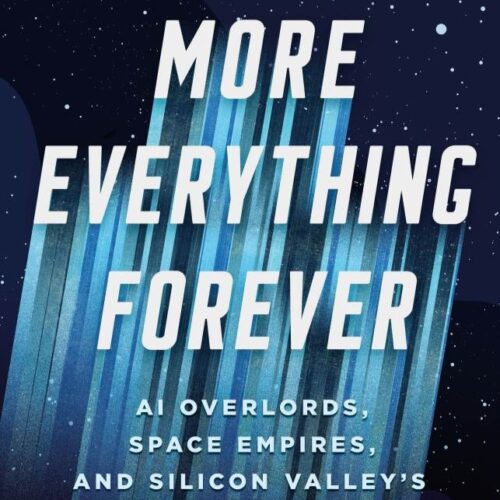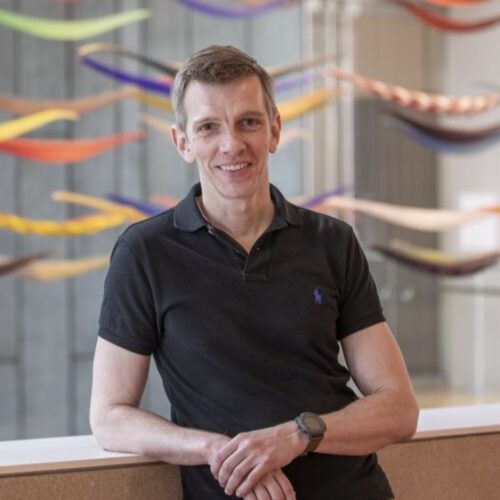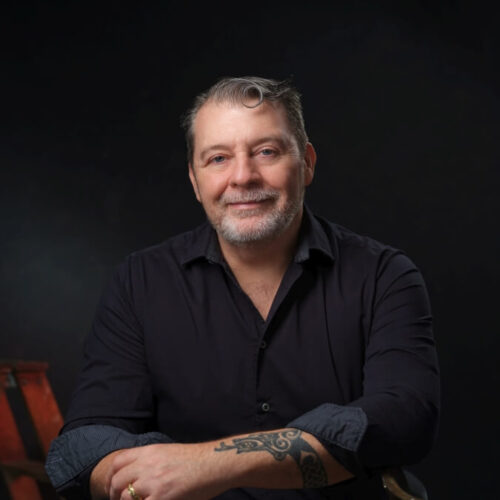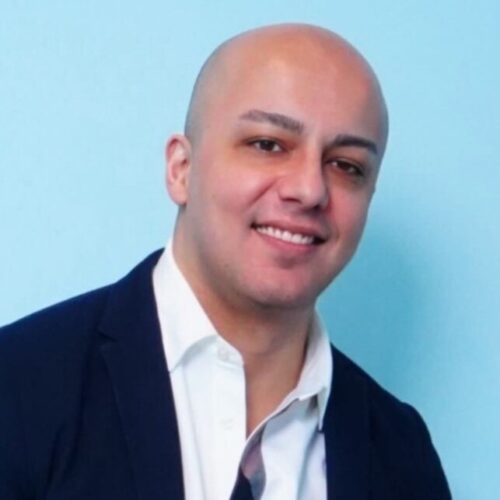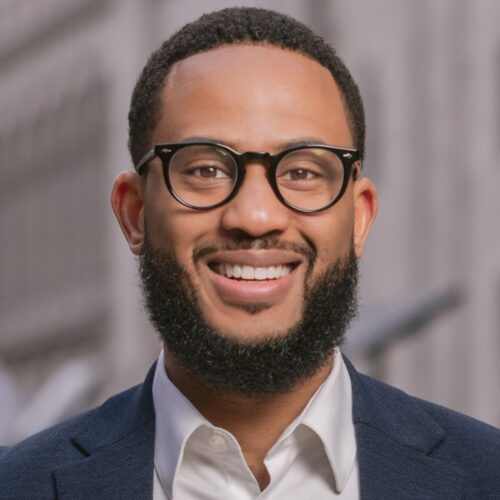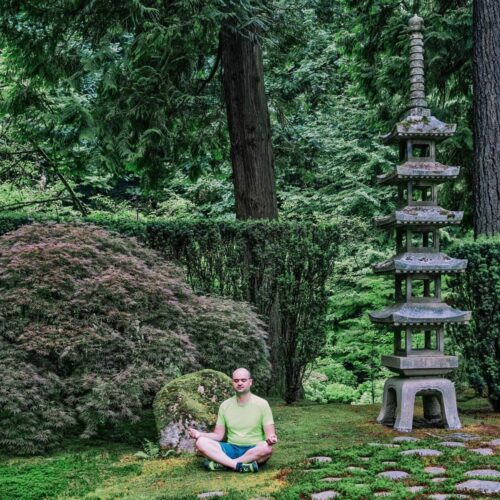Geordie Rose: Machine Learning is Progressing Faster Than You Think
Socrates / Podcasts
Posted on: August 20, 2013 / Last Modified: June 6, 2024
Podcast: Play in new window | Download | Embed
Subscribe: RSS
Dr. Geordie Rose is a founder and Chief Technology Officer at D-Wave Computers. I met Geordie at the IdeaCity conference in Toronto where he made an impassioned presentation about D-Wave and quantum computing. Needless to say, as soon as Dr. Rose stopped speaking I rushed to ask him for an interview. As it turns out Geordie is already a fan of Singularity 1 on 1 and instantly said that he would be happy to do it.
As a father of three kids and the CTO of a trail-blazing quantum computing company, Dr. Rose is a very busy person. Yet somehow he was generous beyond measure in giving me over two hours for an interview with the apparent desire to address as many of mine and the audience’s questions as possible.
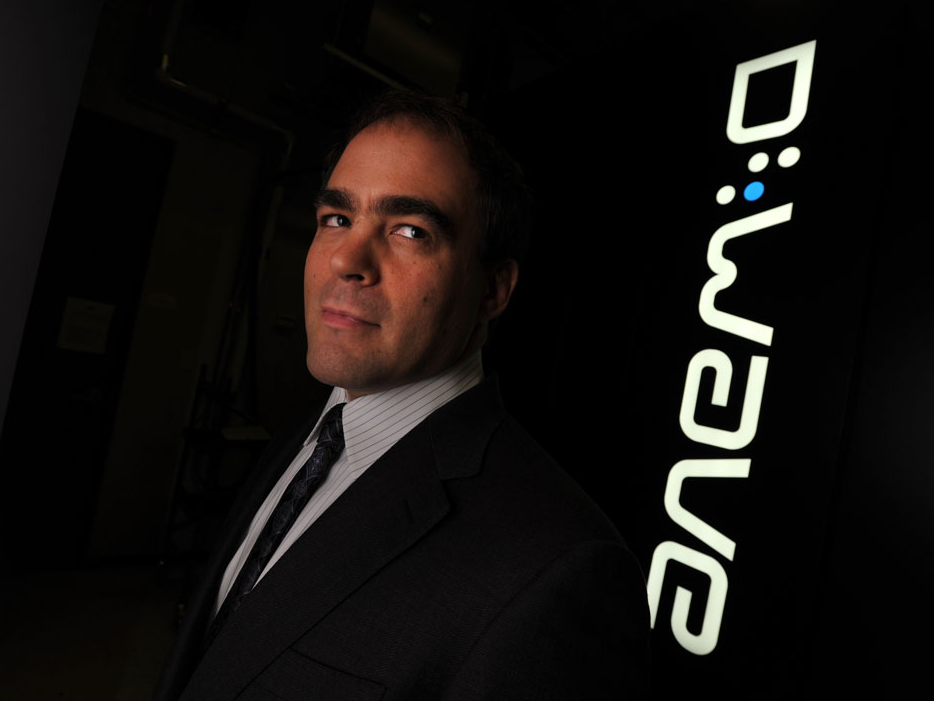
During our conversation with Geordie Rose we cover a variety of interesting topics such as: how wrestling competitively created an opportunity for him to discover Quantum Mechanics; why he decided to become an entrepreneur building computers at the edge of science and technology; what the name D-wave stands for; what is a quantum computer; why fabrication tech is the greatest limiting factor towards commoditizing quantum computing; hardware specs and interesting details around Vesuvius – D-Wave’s latest model, and the kinds of problems it can compute; Rose’s Law as the quantum computer version of Moore’s Law; how D-wave resolves the de-coherence/interference problem; the traditional von Neumann architecture behind classical computer design and why D-Wave had to move beyond it; Vesuvius’ computational power as compared to similarly priced classical super-computers and the inherent difficulties in accurate bench-marking; Eric Ladizinski’s qubit and the velodrome metaphor used to describe it; the skepticism among numerous scientists as to whether D-Wave really makes quantum computers or not; whether Geordie feels occasionally like Charles Babbage trying to build his difference engine; his prediction that quantum computers will help us create AI by 2029; whether the brain is more like a classical or quantum computer; how you can apply for programming time on the two D-wave quantum computers; his take on the technological singularity…
My three favorite quotes that I will take away from this interview with Geordie Rose are:
Think about the Long Term and don’t pay all that much attention to the issues of the day.
Machine learning is progressing faster than you think and will become more broadly available on shorter timescales than you might have hoped.
Becoming involved is not impossible!
As always you can listen to or download the audio file above or scroll down and watch the video interview in full. To show your support you can write a review on iTunes, make a direct donation, or become a patron on Patreon.
Who is Geordie Rose?
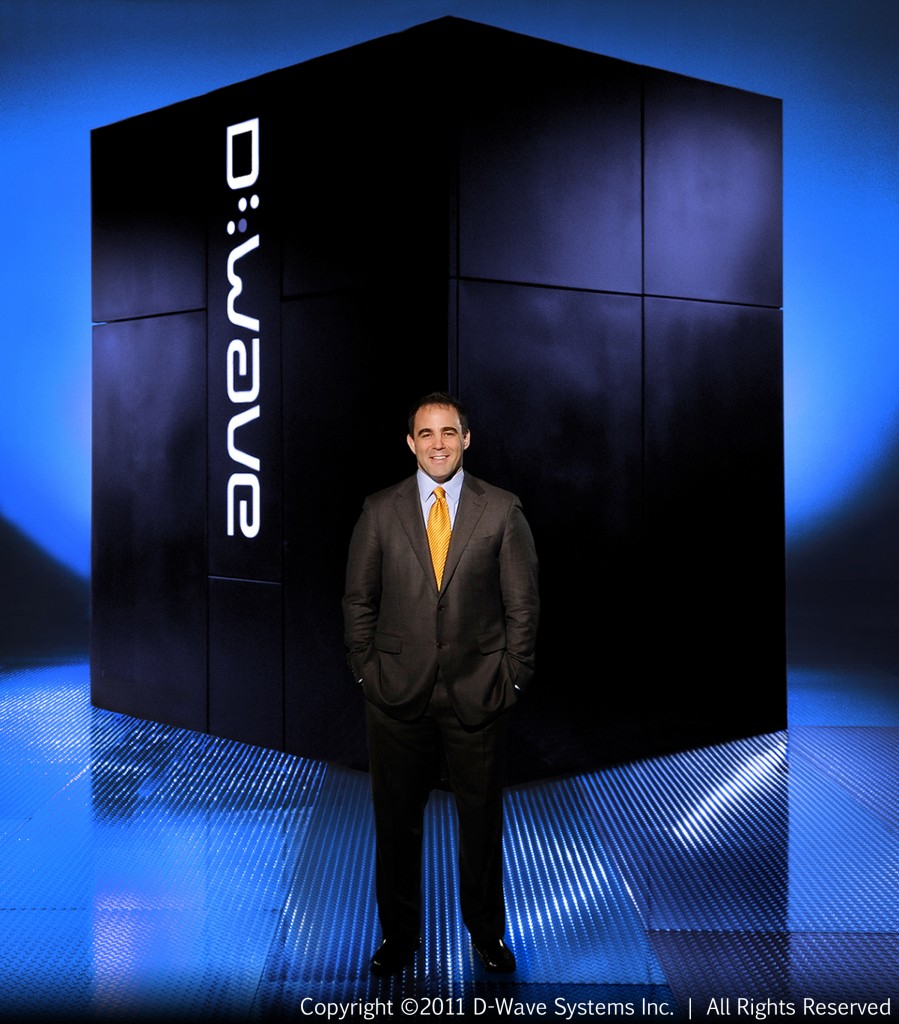
Dr. Geordie Rose is a founder and CTO of D-Wave. He is known as a leading advocate for quantum computing and physics-based processor design and has been invited to speak on these topics in venues ranging from the 2003 TED Conference to the 2013 HPC User Forum. Geordie’s innovative and ambitious approach to building quantum computing technology has received coverage in MIT Technology Review magazine, The Economist, New Scientist, Scientific American, Nature and Science magazines, and one of his business strategies was profiled in a Harvard Business School case study. He has received several awards and accolades for his work with D-Wave, including winning the 2011 Canadian Innovation Exchange Innovator of the Year award.
Dr. Rose holds a Ph.D. in theoretical physics from the University of British Columbia, specializing in quantum effects in materials. While at McMaster University, he graduated first in his class with a BEng in Engineering Physics, specializing in semiconductor engineering. He also is a two-time Canadian national wrestling champion, the 2010 NAGA Brazilian Jiu-Jitsu world champion, and a member of the McMaster University sports Hall of Fame.
Google and NASA Explain Quantum Computing:
Quantum Computing 101, with D-Wave’s Vern Brownell

